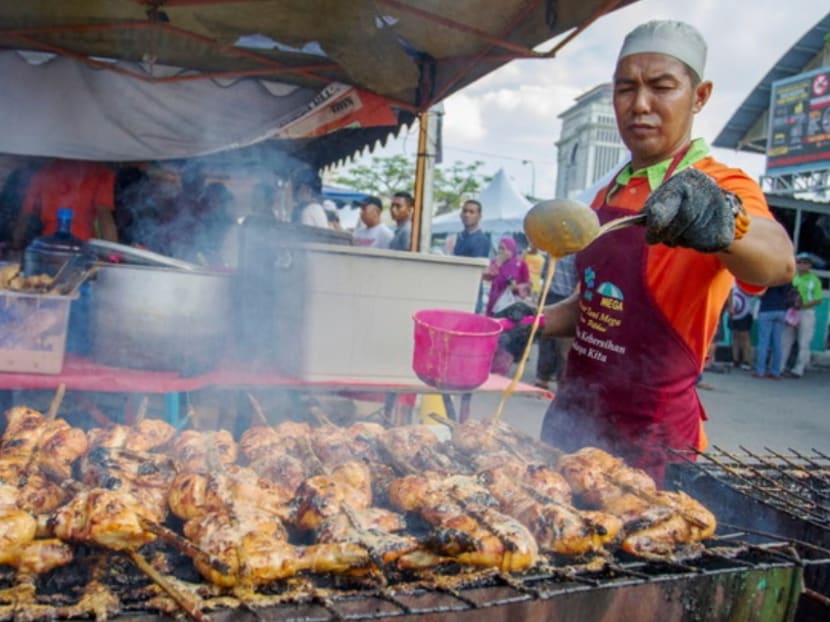Ramadan bazaars the biggest food wasters, says M'sian NGO
KUALA LUMPUR — Ramadan bazaars are the largest contributors of food waste during the fasting month.
KUALA LUMPUR — Ramadan bazaars are the largest contributors of food waste during the fasting month.
Food Aid Foundation operations director Hayati Ismail said, contrary to popular belief, hotels had learned from the past and implemented wastage prevention measures through pre-booking and live-cooking buffets.
She said 25 to 35 per cent of food waste on a daily basis came from bazaars as sellers tended to rely on a “just continue cooking and hope to sell everything” mentality.
“Ramadan bazaar traders do not plan how much to cook. They do not do any estimation or business projection.
“When the food is unsold, the majority is thrown away, as opposed to hotels, which send surplus food to staff cafeterias,” she told the New Straits Times on Tuesday (May 14).
Ms Hayati said only a few bazaars, namely those in Putrajaya, Lembah Pantai, Pandan Indah and Kampung Baru, were collaborating with the MY Save Food network to salvage leftovers.
“There are thousands of bazaars in the Klang Valley alone. Getting volunteers during Ramadan to collect food is difficult.
“On top of that, some food turns bad as early as 9pm. Food safety is the biggest challenge when it comes to the bazaars.”
There are, however, some exceptions.
Ms Hayati said there was not much food wastage when it came to items prepared on the spot such as roast chicken or murtabak.
On hotel contributions, she clarified that the food given by the establishments was fresh and had not been served.
Ms Hayati said the food bank did not take surplus food from buffet lines as it had “higher health risk” as it had been exposed to room temperature and people.
“We ‘rescue’ food from hotels that are still in the back, still kept in the warmer at 63°C. After the end of the day, the unsold food would be packed and kept frozen. Food Aid teams will collect it once or twice a week.
“We don’t collect the food on a daily basis because the amount is too little, merely 5kg to 10kg, so it is not viable from a logistics point of view and does not justify the cost. If we collect it by the end of the week, we’d get about 30kg to 100kg.”
Among the hotels working with the foundation are Bangi Golf Resort and Pullman Hotels and Resorts.
Ms Hayati said this was based on the requirements set by the Health Ministry, as well as the standard operating procedures implemented by the hotels.
“The hotels know us. We handle cooked food and we have the facilities. On top of that, we have signed indemnity agreements to protect our donors.”
Ms Hayati lauded Domestic Trade and Consumer Affairs Minister Datuk Seri Saifuddin Nasution Ismail for urging hotels to contribute surplus food to food banks.
However, she said, it depended on the readiness of the hotels.
“The hotels need to refer to their owners to determine whether to participate in food banks, and I believe the minister should communicate with (the owners) to make this a success.”
The food salvaged by Food Aid Foundation from hotels is “re-purposed” or “re-engineered” into different menus.
The foundation is a food bank that salvages surplus food from producers, manufacturers, distributors and retailers for redistribution to the needy. NEW STRAITS TIMES










